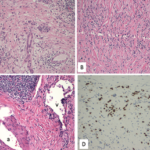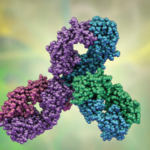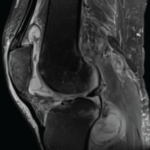Labial salivary gland biopsy (i.e., lip biopsy) is a useful tool to help diagnose Sjögren’s syndrome in suspected patients, but most rheumatologists are not trained to perform the minimally invasive procedure. A new, 40-minute training video and slide presentation with step-by-step instructions may help them fill that critical skill gap. Two rheumatologists collaborated to create…






